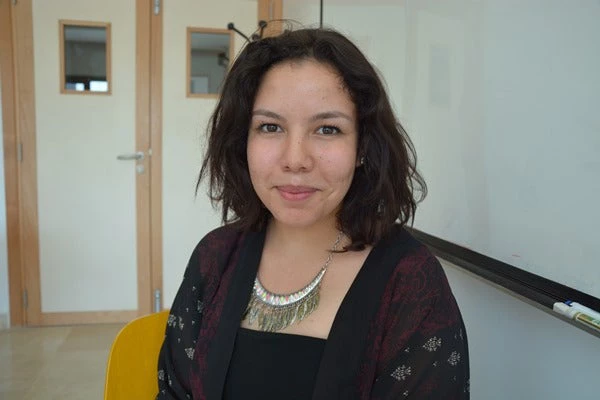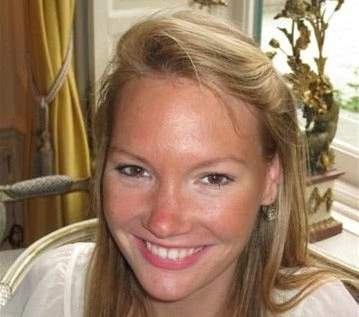 As life in Tunisia goes back to normal after its deadliest terrorist attack in history, questions about the state of the country’s youth and the phenomenon of radicalization have flooded the public sphere.
As life in Tunisia goes back to normal after its deadliest terrorist attack in history, questions about the state of the country’s youth and the phenomenon of radicalization have flooded the public sphere.
On March 18 two young gunmen, age 19 and 27, stormed the National Bardo Museum in the capital city, killing more than 20 people, most of them tourists. The terrorist attack shocked the country, which historically has seen few such attacks.
However, only a few months later, on June 26, Seifeddine Rezgui, a 24-year-old engineering student killed 38 people at a beach resort in Sousse. The attacks speak of another Tunisia, distinct from the celebrated democratic success story that is the origin of about 3,000 jihadists, many of them young, believed to have travelled to Syria, Iraq and Libya.
The most common explanations as to why, following the revolution, many young Tunisians appear susceptible to radicalization, include the dire economic situation, with an estimated 30% youth unemployment, poor quality of education, the failure to instill critical thinking and an overall disillusionment that has left many with little hope for the future.
“Poverty, unemployment and disillusionment are important factors,” explains youth consultant Hend Hassassi. In post-revolutionary Tunisia these elements have contributed to a widespread sense of marginalization among young people who have yet to see the fruit of their successful struggle to oust former President Zine El Abidine Ben Ali.
But these factors will not in themselves lead to radicalization, argues security analyst Habib M. Sayah. Radical Islamist movements such as Ansar al-Sharia quickly took advantage of the power vacuum that followed the fall of Ben Ali and the new democracy’s freedoms and “was able to pull the disenfranchised youth into jihadi militancy,” explains Sayah.
For young people in Sidi Bouzid, the birthplace of the Arab Spring revolt, radicalization has been an issue since the revolution. All of the teenagers I spoke to knew someone who had left for jihad. “I am concerned,” says 18-year-old Ikram Brahmi who knows a 23-year-old who went to Syria. Like many other Tunisians, Brahmi is quick to attribute the phenomenon to the city’s persistent poverty and high unemployment.

the social problems we have" - Amal Amara
Sometimes she talks about the phenomenon of radicalization with her parents, she explains, or with her teachers. But in the classrooms, the teachers are not allowed to discuss the lure of jihad as it is considered politics – which is a ‘no go’ area for teachers.
Even though it was more of a problem a couple of years ago, explains 42-year-old Slah Effi, one of the city’s teachers, he would like to see more dialogue and discussion about the phenomenon. “It is important to spread counter-ideas,” he says, “we need to challenge their propaganda.” To Effi it is also important to create more after school activities such as culture or sport initiatives for the youth in marginalized cities like Sidi Bouzid. According to Hassassi, the youth consultant, if the government is serious about tackling the issue at its root, it “will need to develop a real social development plan.”
In the capital Tunis, after the attack in Sousse, a group of young entrepreneurs got together to go beyond governmental policies and find innovative solutions to combat terrorism and radicalization. They launched the “Entrepreneurship against terrorism” event. About 50 young people gathered for the one-day brainstorming event. They were divided into groups, with each one given training in leadership, business development and alternative ways to combat radicalization.
The groups were then given the assignment of coming up with an alternative and innovative ways to contribute to the country’s struggle against radicalization. At the end of the day, each group presented their ideas in front of a jury composed of the country’s leading entrepreneurs.

the disease" - Ghliss Mohamed
“Security will not cure the disease,” argued 25-year-old Ghliss Mohamed Salah. “We need more long-term policies,” he said. Salah was part the winning group that pitched the idea of an app that will make it easier for people to report suspicious and potentially disruptive activities - such as incitements to violence.
Many people are too intimidated to pick up the phone and make a call, insisted Salah. The app will make it easier- with one click witnesses can report the incident giving its exact geographical location, he explained. As for the event itself, he added, “I am glad to see so many young Tunisians engaged.”
Engaging young people and drawing on their creativity in the search for solutions was precisely the aim, explained entrepreneur and one of the organizers of the event, Leila Cherif. There needs to be a better understanding of local circumstances and the root causes, she emphasized. “Solutions need to come locally not from abroad,” she said. But Cherif is happy, though, as the event was the first step towards creating a community against radicalization.


Join the Conversation